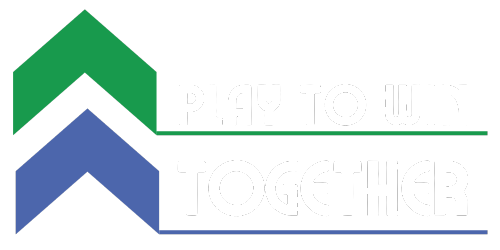We love to talk, to share how much we know, to be heard. As the adage goes, we have 2 ears and 1 mouth and should listen more than we talk!
We think that providing answers, whether it’s overcoming objections or explaining our value proposition to prospects, will close the deal. Not true! The real key to success lies not in what we say but in the questions we ask. Asking good, open-ended questions is one of the most effective ways to move a conversation forward, uncover hidden needs, and address the true concerns of a prospect.

Why Asking Good Questions Matters
When faced with objections, our natural instinct is to explain or justify. But doing so can create a dynamic where we’re defending our position rather than engaging with the prospect. Instead, asking thoughtful questions opens up the dialogue and shows that you’re genuinely interested in their needs.
Good questions allow the prospect to express themselves and reveal what’s really on their mind. This not only builds trust but also uncovers valuable information that you can use to position your product or service more effectively.

The Difference Between Closed-Ended and Open-Ended Questions
One of the most important distinctions to make when asking questions is the difference between closed-ended and open-ended questions.
Closed-ended questions: These often result in “yes” or “no” answers. For example, “Are you interested in this service?” While these can be useful in specific situations, they don’t leave much room for deeper conversation.
Open-ended questions: These invite the prospect to share more about their thoughts, challenges, and goals. For example, “What concerns do you have about moving forward with this service?” Open-ended questions keep the conversation flowing and allow for richer dialogue.

Examples of Good Questions to Ask
Here are a few examples of open-ended questions that can transform your sales conversations:
- “What’s holding you back from making a decision today?”
- “How do you see this solution fitting into your current workflow?”
- “What’s the most important factor you’re considering in making this decision?”
These types of questions shift the conversation from focusing on objections to focusing on the prospect’s needs and goals. And when you show that you’re listening and genuinely interested, you build stronger relationships and find better solutions.

The Bottom Line
In sales, asking good questions is about more than just getting to a “yes”—it’s about understanding your prospect and guiding them toward a decision that benefits both of you. When you master the art of asking open-ended, thoughtful questions, you’ll not only overcome objections more effectively but also create deeper, more productive conversations that lead to long-term success.

